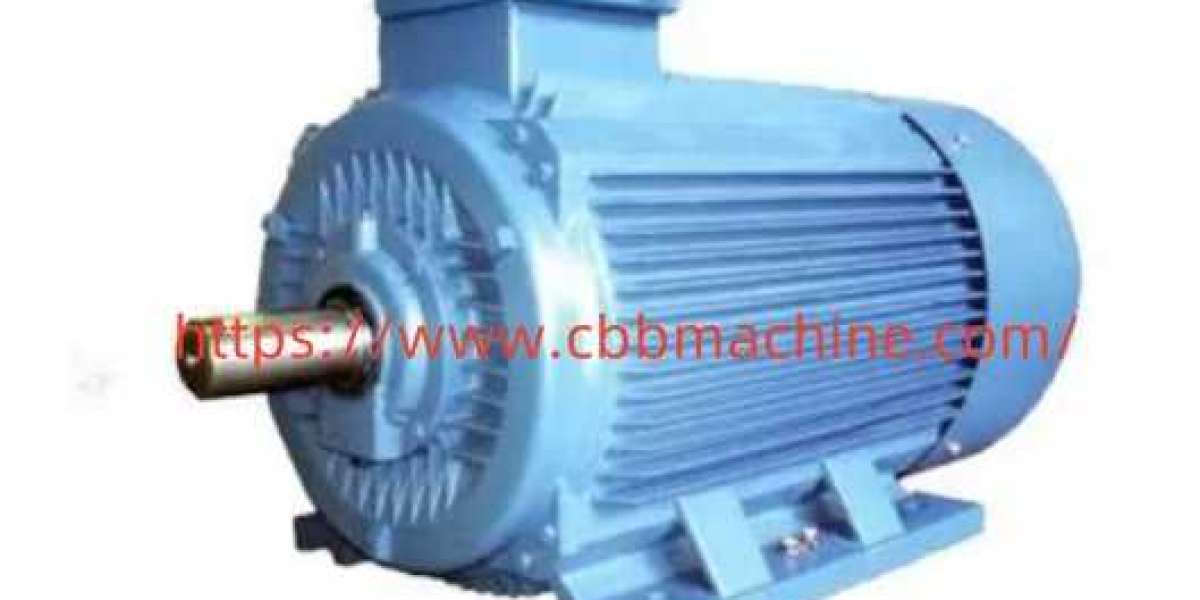In today's automation-driven industries, choosing efficient power sources is key to optimizing machinery performance. At the heart of many modern systems lies the Electric Torque Motor , providing smooth, direct, and responsive rotational force crucial for precision applications. Unlike traditional motors, this specialized design does not rely on gearboxes, making it ideal for environments that demand low inertia, minimal noise, and high positional accuracy.
These motors are widely employed in packaging, robotics, textile machinery, and even aerospace sectors. Their compact structure and direct-drive capability eliminate many mechanical transmission losses, reducing maintenance needs and overall system wear. Additionally, the absence of backlash enhances repeatability, which is essential for applications requiring fine-tuned control.
Engineers often select torque motors for processes where load needs to be controlled precisely without sudden starts or stops. They are typically embedded directly into machine shafts or axes, allowing for space-saving integration and reducing assembly complexity. This makes them valuable in machines where smooth rotation and consistent torque are critical, such as film winding equipment, semiconductor manufacturing lines, and printing systems.
The energy efficiency of these motors is another compelling factor. Since they deliver torque directly to the load without needing intermediary mechanical parts, less energy is lost in transmission. This results in lower power consumption and, in many cases, a reduced carbon footprint for factories adopting them. Furthermore, thermal stability and optimized cooling systems ensure long operational lifespans.
Advanced control algorithms used alongside torque motors, such as field-oriented control (FOC), contribute to more accurate performance monitoring. This allows users to adapt quickly to changes in load requirements, boosting flexibility and production quality. The improved motor feedback loops also ensure that vibration and operational noise remain low, helping maintain a quiet work environment, which is increasingly important in enclosed industrial spaces.
The versatility of these motors makes them adaptable across industries. For instance, in the food and beverage sector, torque motors allow for clean, hygienic machinery layouts. In textile production, they manage fine-tension yarns without damaging delicate threads. These specific advantages continue to increase the adoption of torque motor technology in place of older, bulkier drive systems.
With their growing role in precision engineering, torque motors are not just a mechanical component—they are part of a strategic transition toward smarter, cleaner, and more adaptable industrial systems. As global industries continue to seek ways to improve efficiency, reduce maintenance costs, and embrace digital transformation, the torque motor is positioned as a foundation for next-generation automation.
To explore mechanical components that complement torque motor systems, including customizable rollers and related hardware, visit https://www.cbbmachine.com/product/banana-roller/customizable-banana-roller.html





